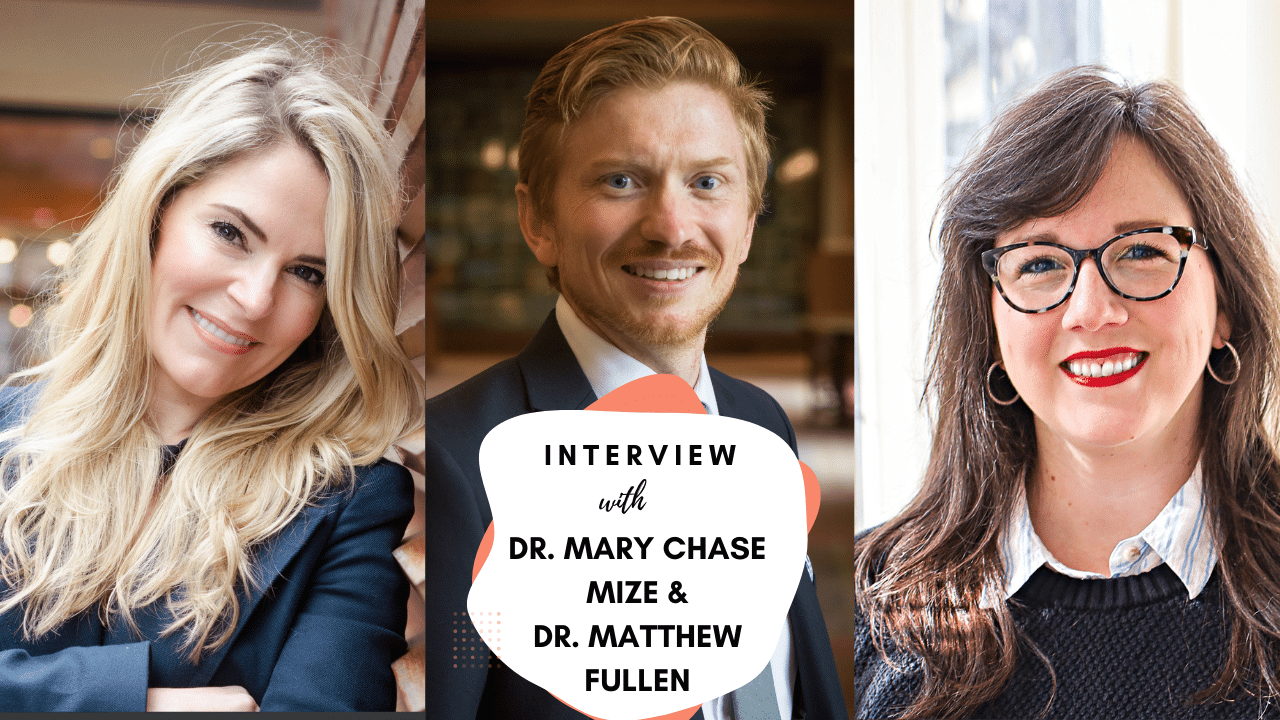In this Psychology of Aging episode, we dive deep into the recent changes in Medicare policies that now allow Licensed Professional Counselors (LPCs) and Licensed Marriage and Family Therapists (LMFTs) to enroll as Medicare providers. This landmark policy update, effective January 1, 2024, opens up new opportunities for mental health professionals and significantly expands access to care for older adults and those with long-term disabilities. Our expert guests, Dr. Matthew Fullen and Dr. Mary Chase Mize, share their insights on the implications of this policy change, the enrollment process, and how this will shape the future of mental health care for older adults.
Key Topics Covered:
- Overview of Medicare Policy Changes:
- Explanation of the 2024 Medicare policy updates that allow LPCs and LMFTs to enroll as Medicare providers.
- Historical context: The last major update in 1989 and why this new change is significant.
- Implications for Mental Health Professionals:
- How this policy change impacts LPCs, LMFTs, and their ability to serve older adults.
- The importance of this change for expanding the mental health workforce.
- Enrollment Process for Medicare:
- Step-by-step guide on how LPCs and LMFTs can enroll in Medicare.
- Common challenges and tips for navigating the enrollment process.
- Impact on Older Adults and Mental Health Services:
- How this policy change will improve access to mental health services for older adults.
- The role of LPCs and LMFTs in addressing the growing mental health needs of the aging population.
- Future of Mental Health Care:
- Potential shifts in the mental health landscape as more LPCs and LMFTs become Medicare providers.
- Collaboration opportunities with other mental health professionals to enhance care for older adults.
- Personal Insights from the Experts:
- Dr. Fullen and Dr. Mize share their personal experiences and the rewards of working with older adults in the mental health field.
- The importance of addressing ageism and ableism in mental health care.
Resources and Links:
Are You a Mental Health Provider?
If you’re an LPC or LMFT, now is the time to enroll in Medicare and expand your practice to include older adults. Visit the CMS website for more information on the enrollment process, and consider additional training in geriatric mental health to enhance your services. For those seeking mental health care, ask your provider if they accept Medicare and explore the new options available to you.
Subscribe & Follow
Don’t miss out on future episodes where we discuss more important changes in mental health policy and practices. Subscribe to our podcast on Apple Podcasts, Spotify, or wherever you listen to podcasts.
About Today’s Guests
About Mary Chase Mize, PhD, LPC
Dr. Mary Chase Mize (she/her/hers) is an assistant professor of clinical mental health counseling at Agnes Scott College in Decatur, GA, a Licensed Professional Counselor (LPC), an Approved Clinical Supervisor (ACS), and is Certified in Thanatology – Death, Dying, and Bereavement (CT). She earned her PhD in Counselor Education, MS in Clinical Mental Health Counseling, and MA in Gerontology from Georgia State University. Dr. Mize manages Seek and Find Counseling and Consulting, a small private practice where she provides counseling services to older adults and individuals experiencing grief, bereavement, death anxiety, major life transitions, and suicide ideation and loss. Dr. Mize also serves as a professional consultant and co-author to The Keep/Watch Project, an effort from the Episcopal Diocese of Atlanta to equip religious and spiritual communities with suicide prevention, intervention, and postvention response skills. Her research is focused on community-based suicide intervention and prevention efforts with older adults, equipping faith-based communities respond to suicide, and preparing counselors to work with older adult clients.
Learn more about Dr. Mary Chase Mize on her website here
About Matthew Fullen, PhD, LPCC
Dr. Matthew Fullen is an Associate Professor at Virginia Tech where he teaches in the counselor education program and serves as affiliate faculty for the Virginia Tech Center for Gerontology. Dr. Fullen’s research, teaching, and advocacy focus on the mental health needs of older adults, with an emphasis on addressing gaps in Medicare mental health policy and developing programs to enhance resilience & wellness and prevent suicide among older adults. Dr. Fullen is the counseling profession’s most active scholar on aging and mental health, with over 40 peer-reviewed publications and over 95 peer-reviewed conference presentations and keynotes. Dr. Fullen has received research grant funding from both public and private entities, including the U.S. Department of Health & Human Services and the Mather Institute, to develop programs that support older adults’ mental health. In recognition of his research and professional leadership related to Medicare advocacy, he has received the Virginia Tech Land Grant Scholar Award, as well as three national awards from the American Counseling Association (Counselor Educator Advocacy Award (2023), top Research Award (2021), and Carl D. Perkins Government Relations Award (2020).
More information about Dr. Matthew Fullen and his work can be found at agewellcounseling.org.





